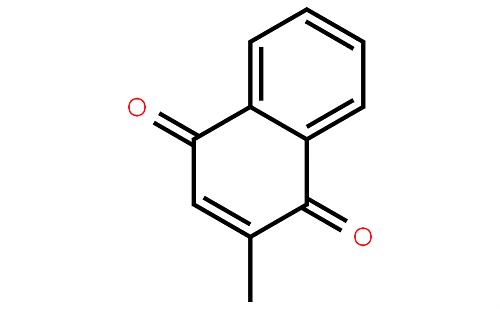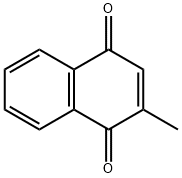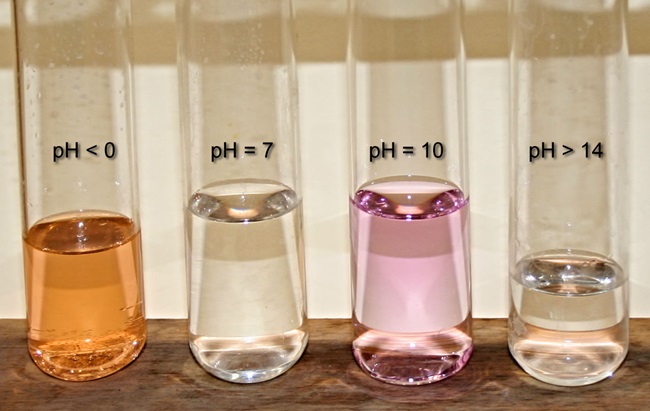Menadione: the key to blood clotting, the shield of health
Menadione, also known as vitamin K3, is a synthetic version of vitamin K. Naturally occurring compounds are vitamin K1 (phylloquinone, which comes from plants) and vitamin K2 (menadione, which is synthesized by bacteria in the digestive tract and absorbed by the body).

Technically, menadione is not even a vitamin, but a precursor that is converted in the body after ingestion. Natural vitamin K is fat-soluble, while menadione derivatives (pure menadione cannot be processed) are water-soluble and can be converted to K2 in the intestines. Enzymes in mammalian and bird tissues can also convert menadione to the active form of vitamin K.
Due to safety issues (it has been shown to be harmful to humans), vitamin K3 is not approved for use in human food, but is commonly used in poultry and pig feed, as well as commercial pet foods for cats and dogs, which has caused a lot of controversy.
Function
While vitamin K is harmful to humans, in test tube studies, it has shown anti-cancer and anti-inflammatory properties.
1. The typical effect is to promote the normal functioning of blood coagulation;
2. Some test-tube studies have shown that vitamin C and vitamin K3 work synergistically to inhibit and kill the growth of human breast cancer and prostate cancer cells;
3. A test-tube study showed that vitamin K3 inhibited the growth of Helicobacter pylori (a harmful bacteria that grows in the digestive tract) in infected human stomach cells by reducing the bacteria's ability to replicate.
However, these benefits have not been confirmed in humans and may not be confirmed in the future because you have to solve the toxic side effects first.
Controversy in pet food
Menadione is often added to commercial foods as a cheap vitamin K supplement. The common argument as to why it is added is that it "helps blood coagulation", but scientific evidence shows that menadione is not very effective in blood coagulation. Even veterinarians will give dogs vitamin K1 as an antidote, such as when a dog accidentally eats rat poison and has internal bleeding.
Manufacturers claim that it is "more stable" and "higher nutritional value" than natural vitamin K, and even consider it "safe".
They believe:
1. Menadione has a longer shelf life than natural vitamin K;
2. Natural vitamin K is easily lost during processing;
3. Pets with intestinal diseases will hinder intestinal bacteria from making vitamins;
4. Not all manufacturers add green leafy vegetables to the ingredients;
5. Toxicity will only occur when the amount added is more than 1,000 times, and it is safe within a reasonable range;
6. Vitamin K is cheap and cost-effective.
Opponents believe:
1. It has never been studied or specifically approved for long-term use in pet food;
2. Due to serious side effects, including permanent damage and death, it has been banned from human food and supplements in many European countries;
3. Due to the high toxicity of synthetic vitamin K, the FDA has banned the use of synthetic vitamin K in over-the-counter supplements
4. Vitamin K1 and K2 are metabolized through the lymphatic system, using pancreatic enzymes and bile acids, and are regulated by the liver. Vitamin K3 is absorbed directly, bypassing the natural pathway regulation.
5. It significantly weakens the immune system
6. It causes allergic skin reactions
7. It accumulates in the body over a long period of time and has been detected in eggs, meat and milk of animals that have consumed menadione derivatives.
See also
Lastest Price from Menadione manufacturers

US $0.00/KG2025-05-06
- CAS:
- 58-27-5
- Min. Order:
- 1KG
- Purity:
- 0.99
- Supply Ability:
- 1000KG

US $0.00-0.00/kg2025-04-25
- CAS:
- 58-27-5
- Min. Order:
- 1kg
- Purity:
- 98.5%~101.0%; USP32
- Supply Ability:
- 5000kg/month


